Your cart is currently empty!
Tag: SoilHealth
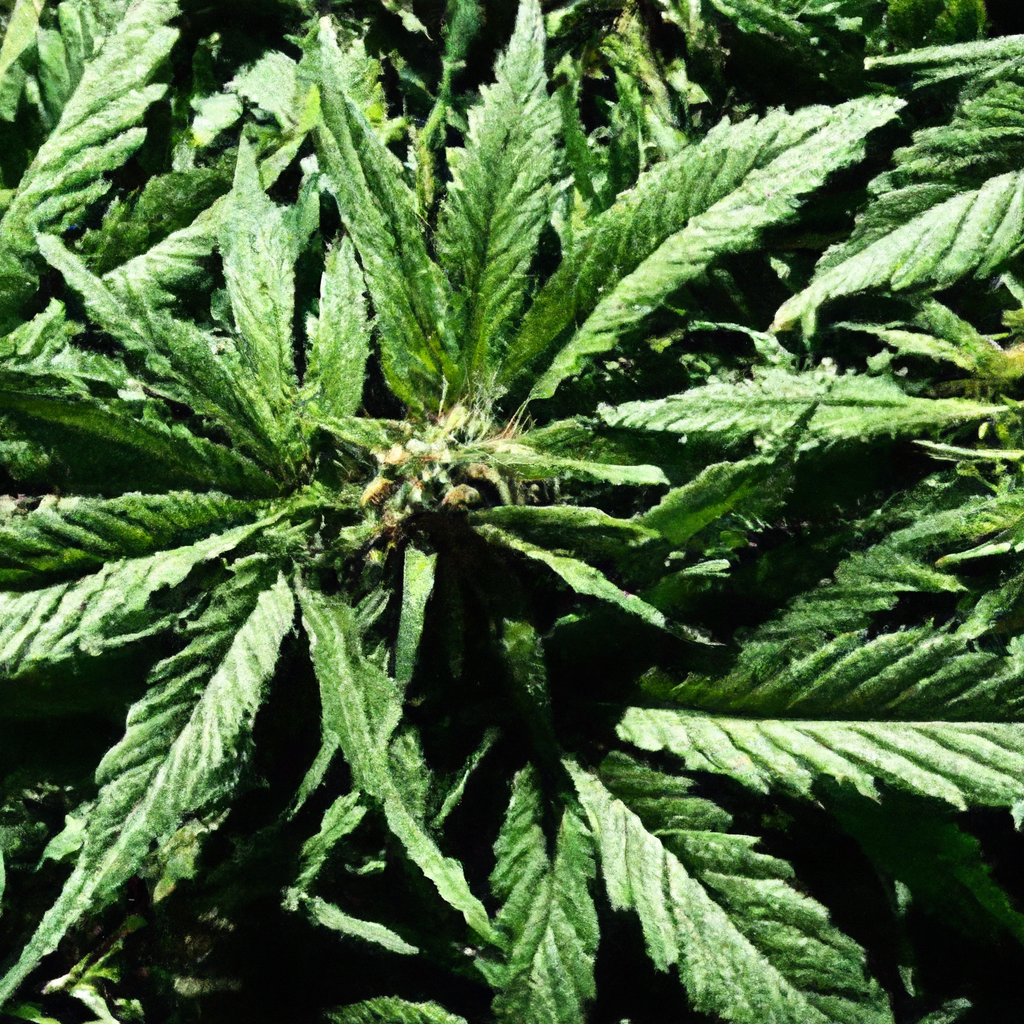
The cannabis industry significantly impacts environmental health, particularly soil ecosystems. Cannabis roots improve soil structure by enhancing aeration and water retention, crucial for healthy microbial activity. While organic fertilizers and nutrient cycling boost long-term soil fertility, improper practices risk soil erosion, salinity, and compaction. Sustainable techniques, like crop rotation and biochar, are vital for maintaining…
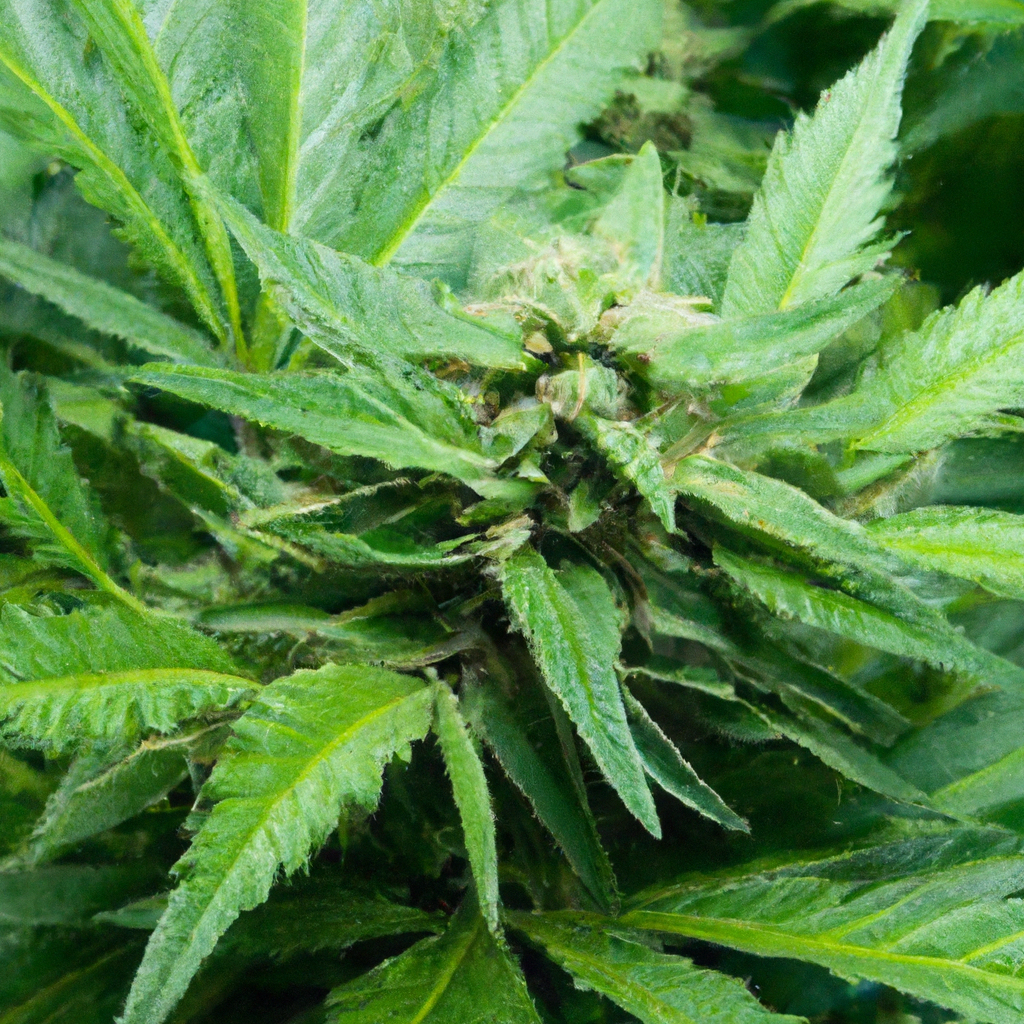
Embracing organic growing practices in cannabis cultivation is essential for sustainability and offers a purer, toxin-free product. Key practices include using natural fertilizers like compost, worm castings, and bat guano to enhance soil health. Building a thriving ecosystem involves beneficial microbes, cover crops, and mulching. For chemical-free pest control, techniques such as companion planting and…
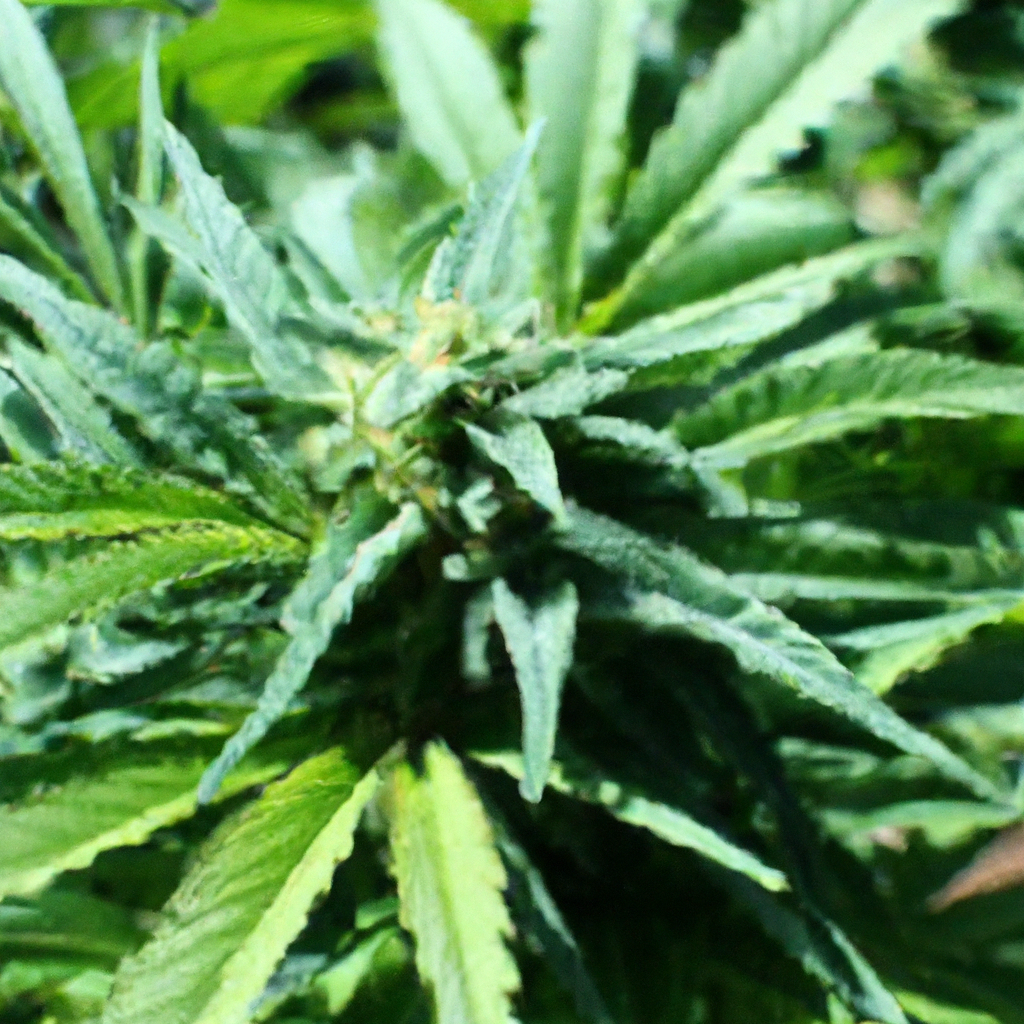
Organic cannabis cultivation emphasizes nurturing a holistic ecosystem to sustain plants and the environment. This guide highlights best practices, including crafting nutrient-rich soil with compost, natural fertilizers like vermicompost and alfalfa meal, and eco-friendly pest control using companion planting and neem oil. These techniques not only promote healthy plant growth and potent yields but also…
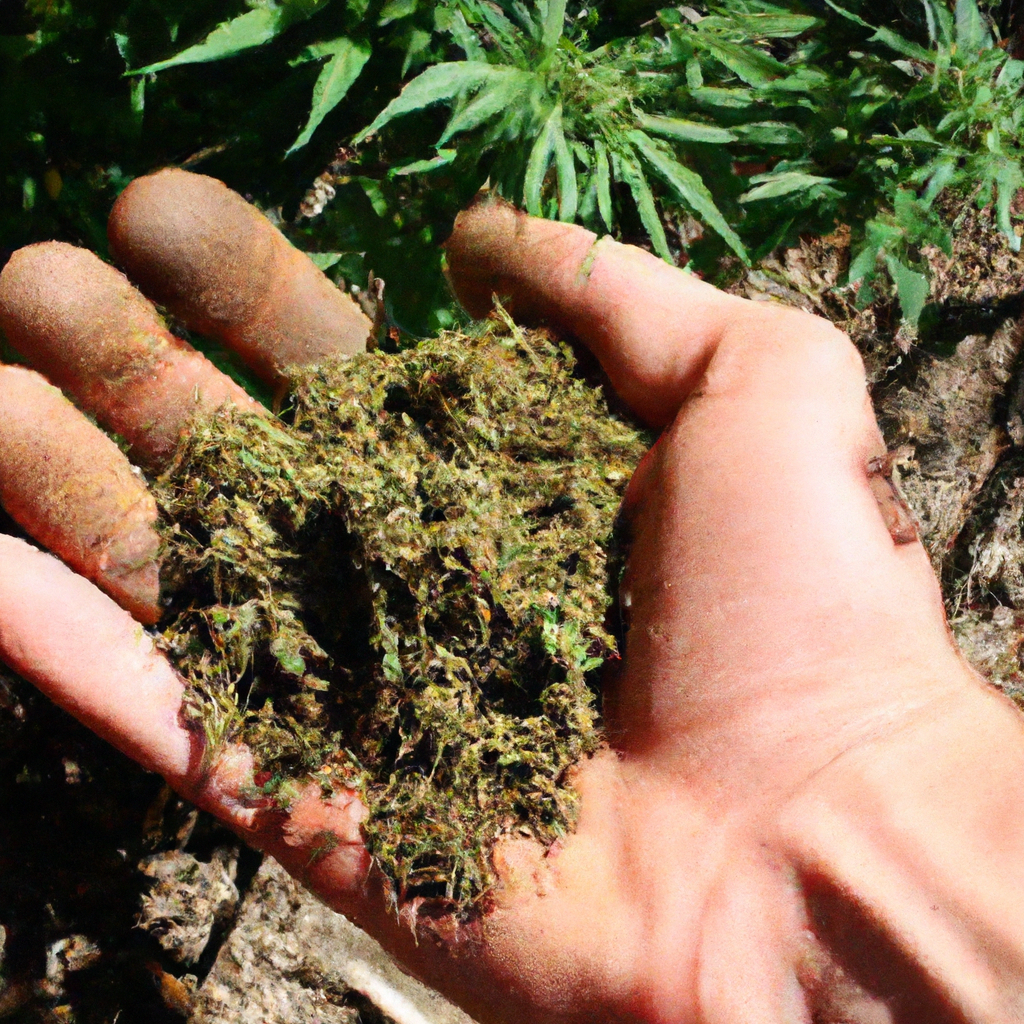
Organic cannabis cultivation has gained popularity for its environmental respect and production of cleaner, potent buds. Key components include building a healthy soil ecosystem using compost, cover crops, and mulching. Natural fertilizers like bone meal, fish emulsion, and kelp meal provide nutrients sustainably. Organic pest control is achieved through companion planting, neem oil, and beneficial…
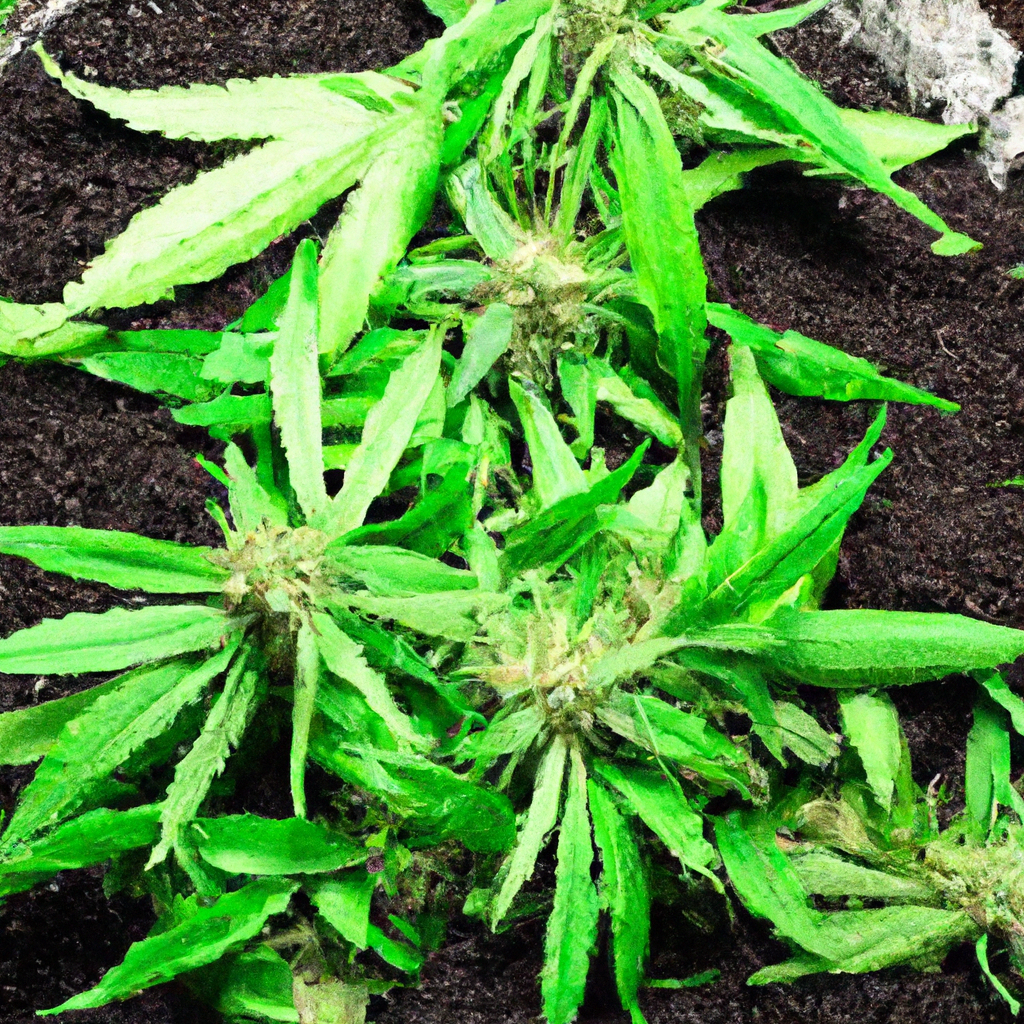
As the cannabis industry embraces eco-friendly practices, organic cultivation is becoming increasingly popular. By using natural fertilizers like compost, worm castings, and bat guano, growers enrich the soil and promote sustainable growth. Building a thriving soil ecosystem with beneficial microorganisms and crop rotation further enhances plant health. Organic pest control through companion planting, neem oil,…
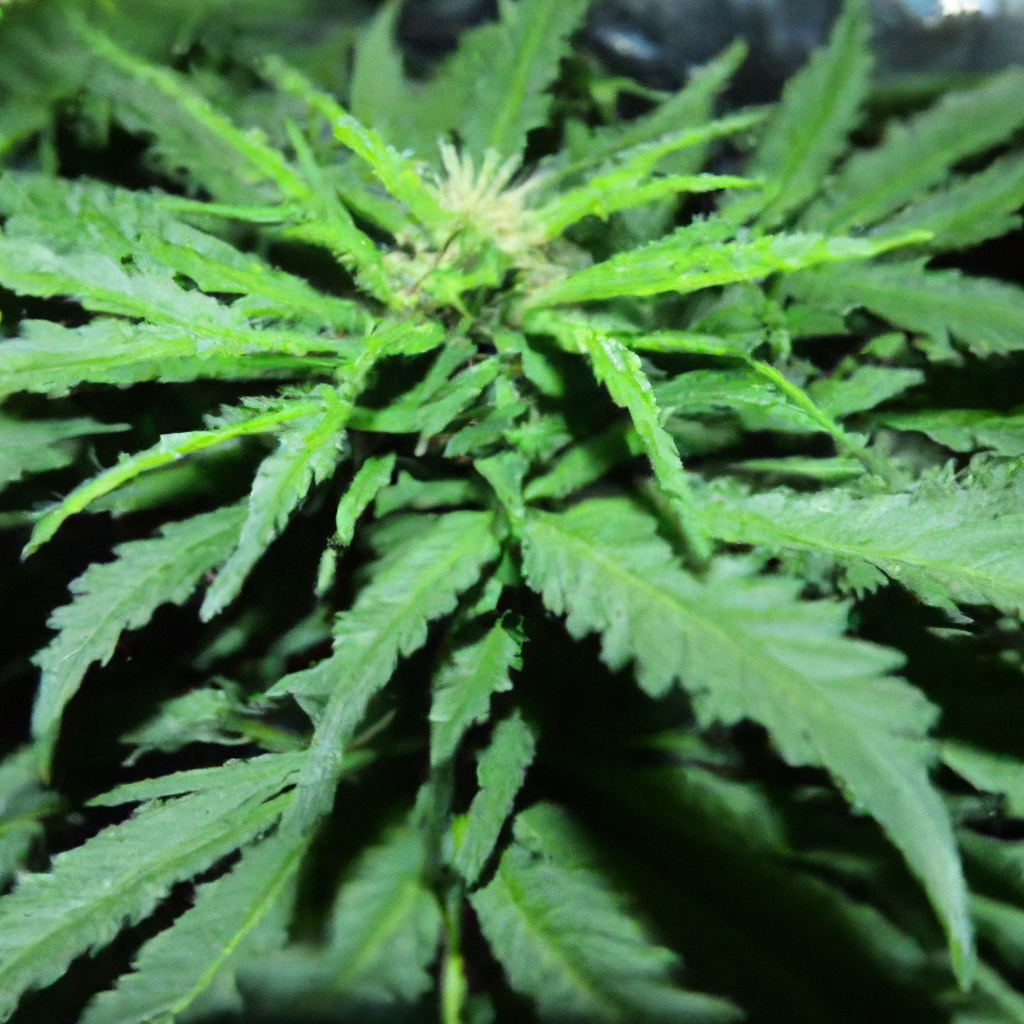
Growing cannabis successfully requires careful attention to soil management, particularly soil drainage, to prevent issues like root rot and nutrient lockout. Good drainage ensures proper aeration, allowing roots to breathe and absorb nutrients. Key techniques include amending soil with materials like perlite, using raised beds, selecting the right pot size with drainage holes, and employing…
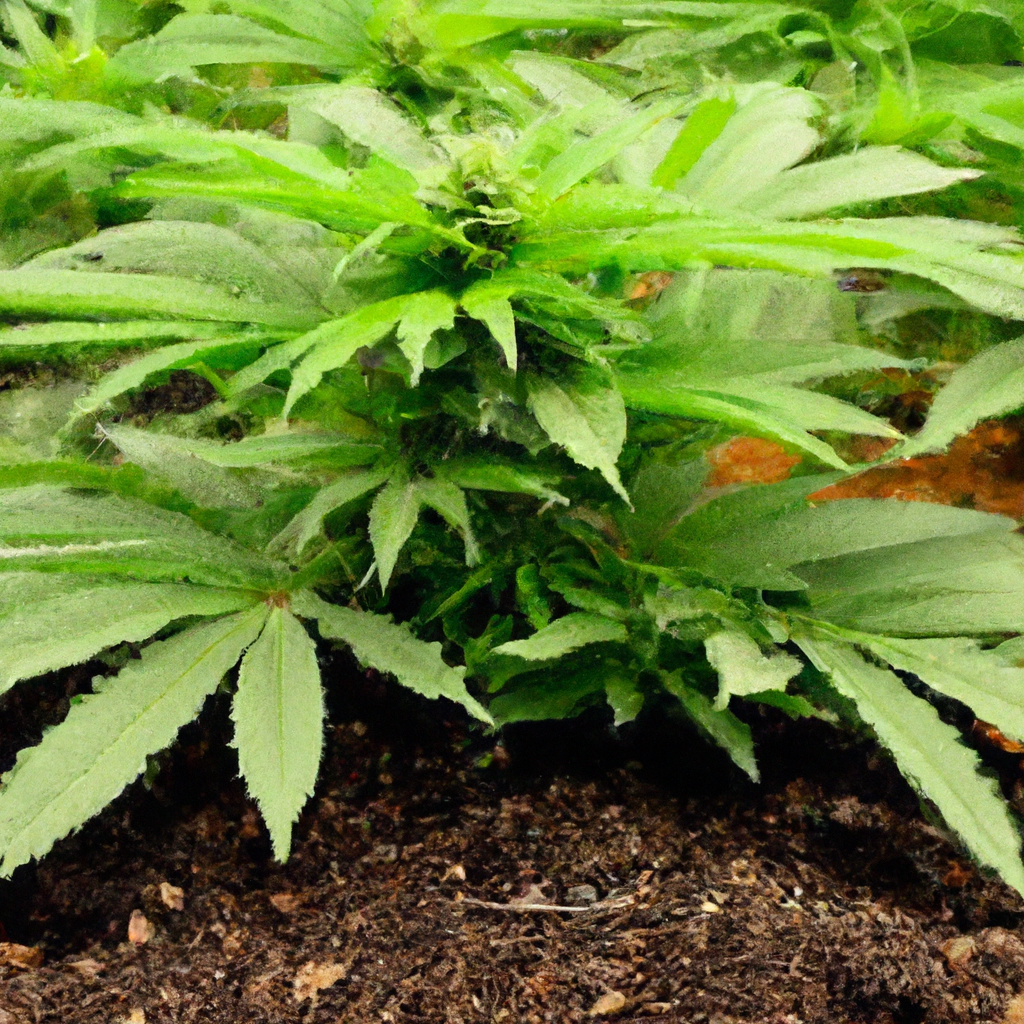
Emphasizing sustainability and quality, organic cannabis cultivation focuses on natural methods like using compost, eco-friendly pest control, and avoiding synthetic chemicals. By building a healthy soil ecosystem with compost, beneficial microbes, and cover crops, growers can enhance plant health and soil structure. Natural fertilizers such as fish emulsion, bone meal, and alfalfa meal are recommended…
